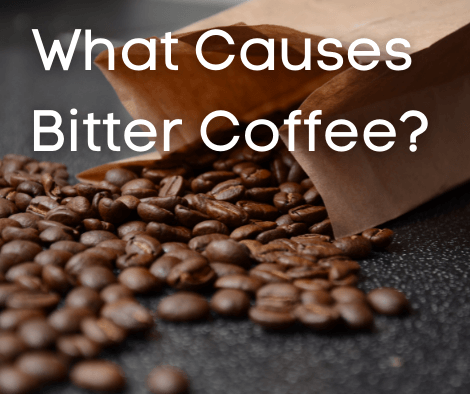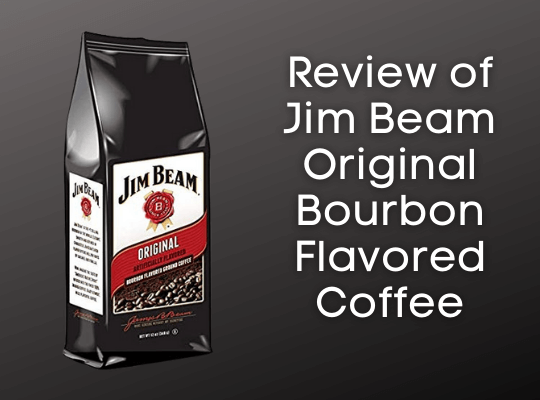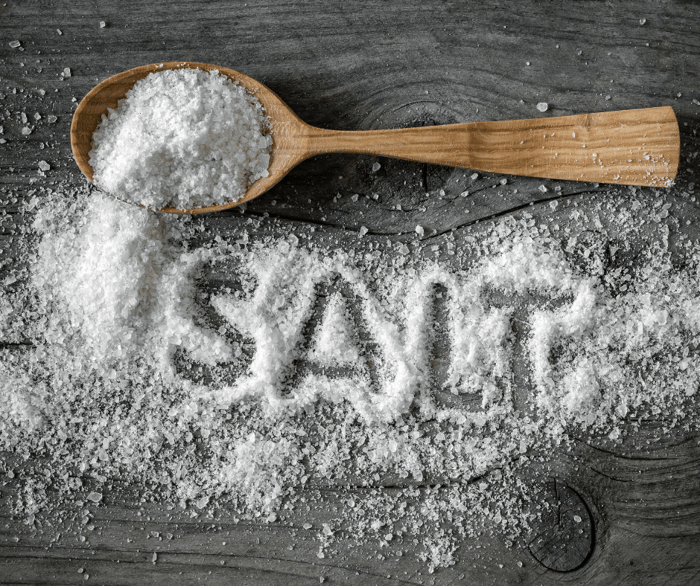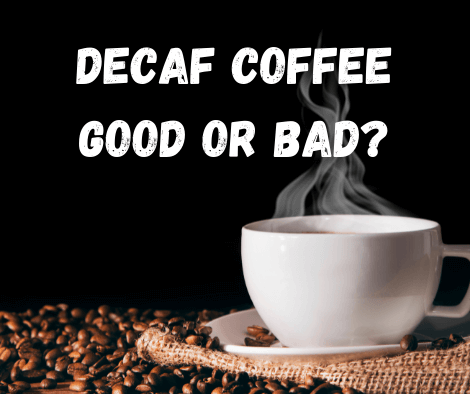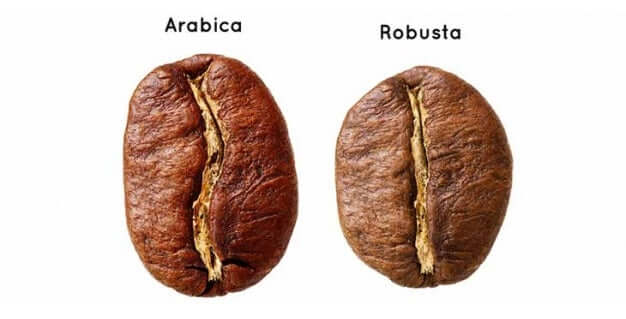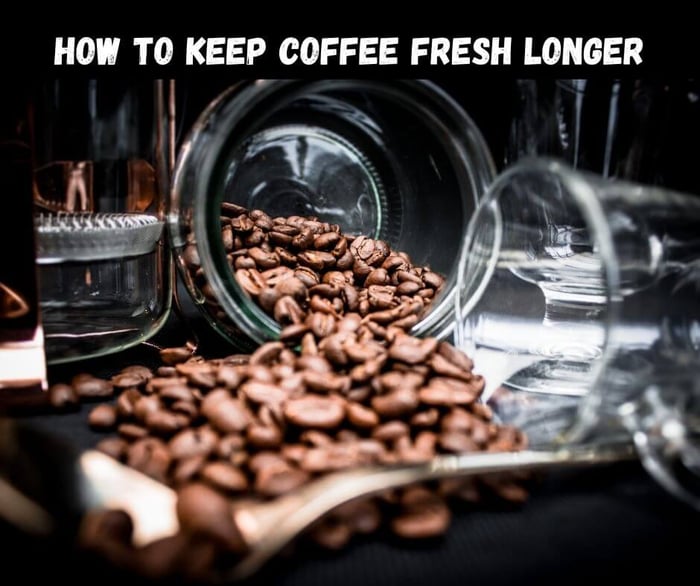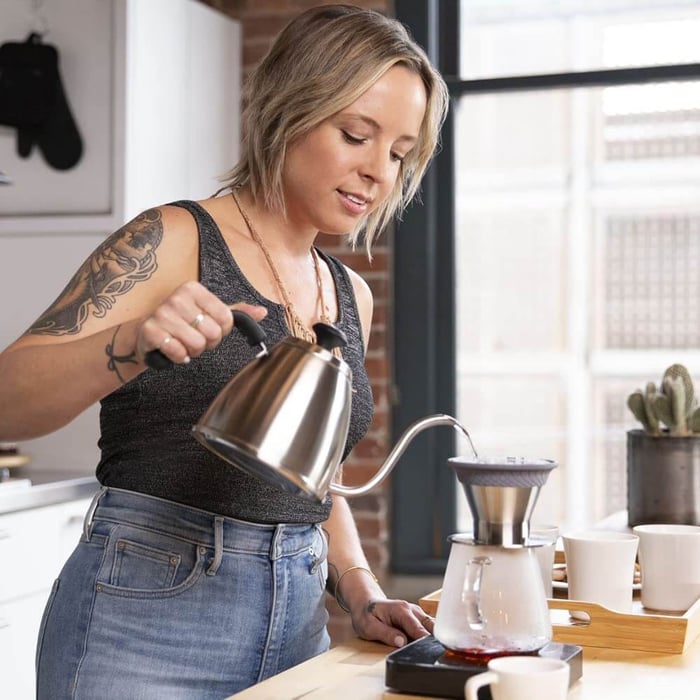What Makes Coffee Bitter?
Bitterness is a natural property of coffee. You will find some level of bitterness in any coffee bean on the market. Even your high priced "gourmet" beans will have some bitterness. The amount will vary based on aspects like type of bean, brewing method, quality of beans and YOU. Yes, your bitter face may be your own fault. We can help you fix your face.
Connection Between Caffeine and Bitterness
The coffee plant's natural defense against inspects is caffeine. While caffeine acts as a stimulant for humans, it is a poison to most insects. Caffeine is naturally bitter. So coffee beans which grow in higher altitudes with less insects (Arabica) will contain less caffeine and less bitterness. Coffee beans which can grow in low lying regions like Robusta will have between 2-4x the caffeine to protect against the higher quantity of hungry insects.
Quality of Your Beans
Robusta beans are rumored to be lower quality because they are cheaper. However the truth is high quality Robusta does exist. The lower cost is often related to the larger growing regions and less care needed since Robusta naturally defends itself better against bugs.
The quality of the bean is mostly effected by poor farming and processing. Unripe, insect damaged, split and otherwise blemished beans will cause a wood and bitter flavor which will never produce an enjoyable cup of coffee. Early fermentation can also give off an alcohol smell.
- The Fix: Spend a little extra at the register. Higher quality beans will cost more. This is due to better farming techniques and willingness of brands to discard blemished beans rather than grinding them into the bag. Most organic brands will take more care in their beans to reach the standard expected of the label. Typically the more mass produced the coffee, the less quality beans will be used. You can try Jamaican Blue Mountain coffee beans for a naturally less bitter coffee.
Over Extraction of the Beans
A major factor in gross or bitter coffee is over extraction. Brewing methods which allow the grinds to sit in water, like French Press, can increase bitterness as the grinds sit. This is an easy fix. Simply watch the time your grinds sit in your French Press and enjoy your coffee soon after brewing. You can also use brands like Espro which have a unique filter that closes off the coffee and prevents over extraction.
- The Fix: Regulate your brewing time. For example if you are using a French Press try pressing down the handle 10-20 seconds earlier than usual. Over time you will find your sweet spot.
Brewing Your Coffee at the Temperature of the Surface of the Sun
According to science the ideal brewing temperature is between 195 and 205 degrees to produce and smooth and quality cup. Anything above this will over extract the bitterness and leave you with a less than enjoyable cup.
- The Fix: Turn down the flame thrower and watch your brewing temps. Use methods where you can watch the water temperature closely. Water will typically boil between 205-215 degrees depending on elevation. So let your water cool slightly.
Using Way Too Much Water
Brewing your coffee with more than suggested water to grind ratio can result in more bitterness. This is a result of each coffee grind having access to way too much water and extracting every little bit of bitterness possible.
- The Fix: Cut down your water. However depending on the style of brewing you may need to adjust the rate you pour your water (Pour Over Style), the length of time your grinds are immersed or coarseness of the grind.
Grinding Your Beans to a Powder
If your grind your beans down to a flour like powder the water will extract the bitterness quickly as you brew. Again, leaving you with that fix your face level of bitterness on your first sip.
- The Fix: Coarser grinds will not extract as much caffeine. However this will also allow the water to pass through the beans faster thus extracting less flavor. So you will have to test until you find the sweet spot that fits your taste.
Using Robusta Beans Vs. Arabica
Coffee which uses Robusta beans or a blend will be more bitter by nature. Many of your highly caffeinated coffee brands will use Robusta as well as most Espresso blends on the market. Typically bitterness is a trade off for higher caffeine. Arabica beans posses a smoother citrus flavor.
Add Salt to Your Coffee to Cut Bitterness
Yes that's right. Adding salt to your coffee can enhance sweetness and reduce bitterness even in lower quality coffee. It's an old trick from the days of WW1 and WW2 when sailors had nothing but cheap coffee and dirty brewers for months.
We explain in depth the benefit of salt.
Is Bitterness Bad?
Bitterness itself is not bad or dangerous. Like IPA style beer, bitterness is a personal preference. Studies have shown that people who like bitterness tend to drink more coffee so the two go hand in hand. To taste "good" bitterness look for notes of dark chocolate or bitter-sweet like pineapple.
Focus on your brewing methods and beans used to find that happy sweet spot between sweet and bitter coffee profiles. The perfect cup of coffee is just a few tweaks away.
Check out Volcanica Coffee's Jamaican Blue Mountain blends which are naturally lower in bitterness yet packed with bold flavor.
Want More Coffee Content?
Daily Coffee Grind - Click Here
Coffee Reviews - Click Here
Coffee Brewing Guides - Click Here

